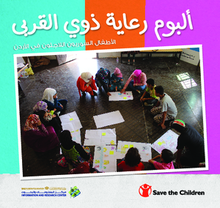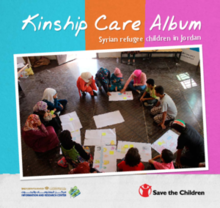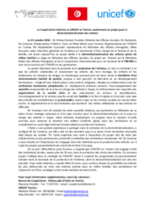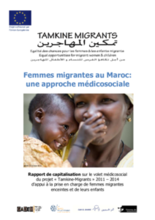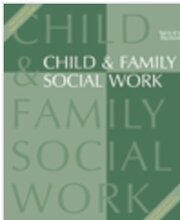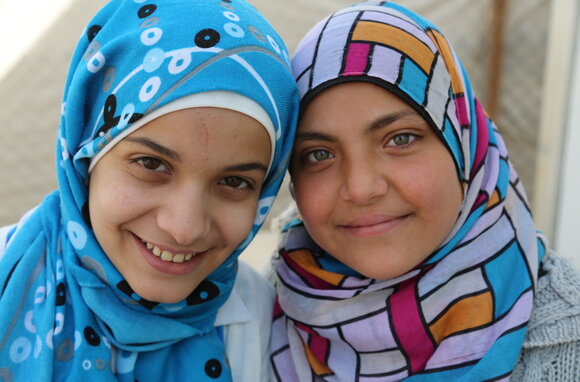

Displaying 281 - 290 of 325
This study, based on a sample of 1,324 Jewish and Arab adolescents aged 11–19 in 32 RCSs, examines the prevalence and multilevel correlates of verbal (such as cursing) and indirect (such as social exclusion) forms of victimization by peers in residential care facilities.
This article from The Legal Agenda provides an overview of illegal adoptions in Lebanon, including the history of adoption, the systems that perpetuate the practice of illegal adoption in Lebanon, and the various forms of illegal adoptions that occur in the country.
This Album on Kinship Care is a compilation of the works of Syrian refugee children in kinship care and their adult caregivers who took part in the participatory action research undertaken by Save the Children and the Information and Research Center – King Hussein Foundation in Jordan in 2014 in the Zaatari Camp and in the city of Amman.
This Album on Kinship Care is a compilation of the works of Syrian refugee children in kinship care and their adult caregivers who took part in the participatory action research undertaken by Save the Children and the Information and Research Center – King Hussein Foundation in Jordan in 2014 in the Zaatari Camp and in the city of Amman.
This study explores the prevalence and multilevel risk factors of 1,309 Israeli Arab and Jewish adolescents’ experiences of unwelcome sexual behaviors by peers in residential care settings (RCSs) for at-risk children.
This article offers commentary by alternative care expert Zeina Allouche outlining the responsibilities of care centres and the government of Lebanon under international law in regards to the abuses that occur in institutional settings.
La Cooperation italienne et l'UNICEF ont lancé un projet dédié à la désinstitutionalisation des enfants privés de milieu familial en Tunisie. Le projet intervient dans le domaine de la protection de l'enfance, et vise à contribuer à ce que les enfants vulnérables et notamment les enfants nés hors mariage, les enfants et les adolescents en situation de danger ou handicapés puissent jouir de leurs droits et bénéficier d’un environnement familial de qualité, propice à leur garantir un bien-être et un développement harmonieux.
Rapport de capitalisation sur le volet médicosocial du projet « Tamkine-Migrants » 2011 – 2014 d’appui à la prise en charge de femmes migrantes enceintes et de leurs enfants.
In this opinion piece, Sarah Sagley Klotz shares her experience of growing up in a small Christian community in the US, learning about the needs of the world from sermons and videos, and later fully realizing the hardships of vulnerable and orphaned children in the developing world through her travels to Mongolia and North Africa.
Many young people rely on their parents when they transition into adulthood. Young people transitioning out of alternative care rarely have that option.

